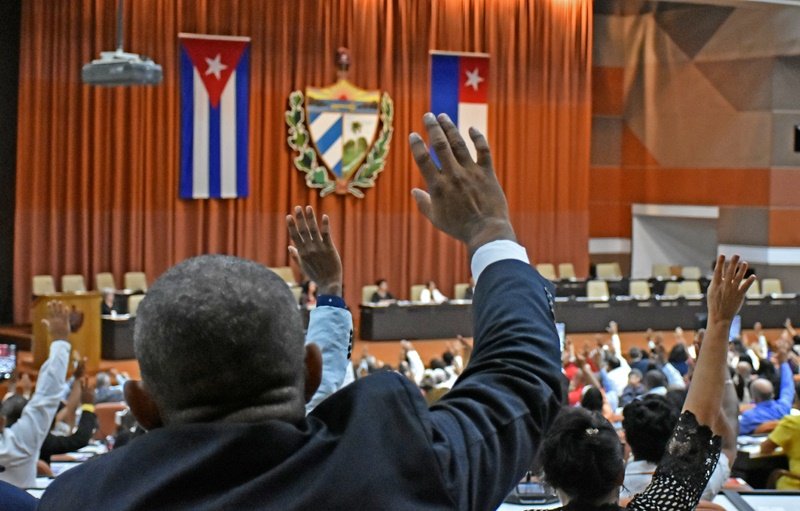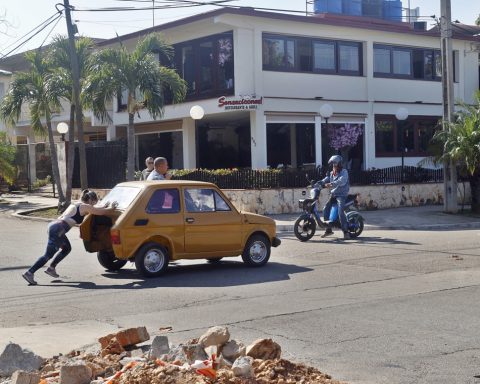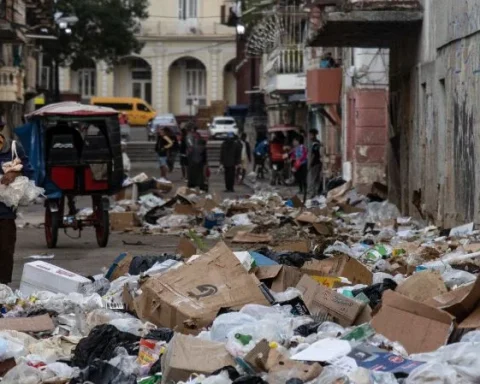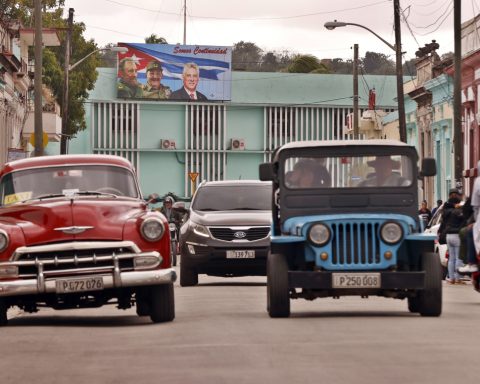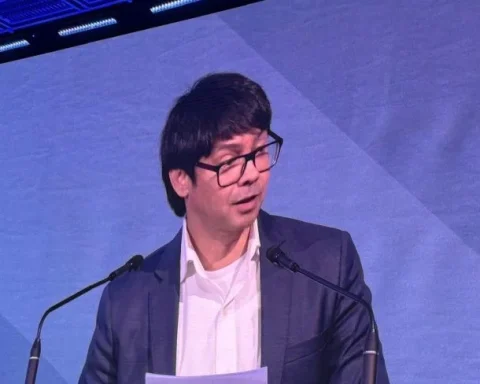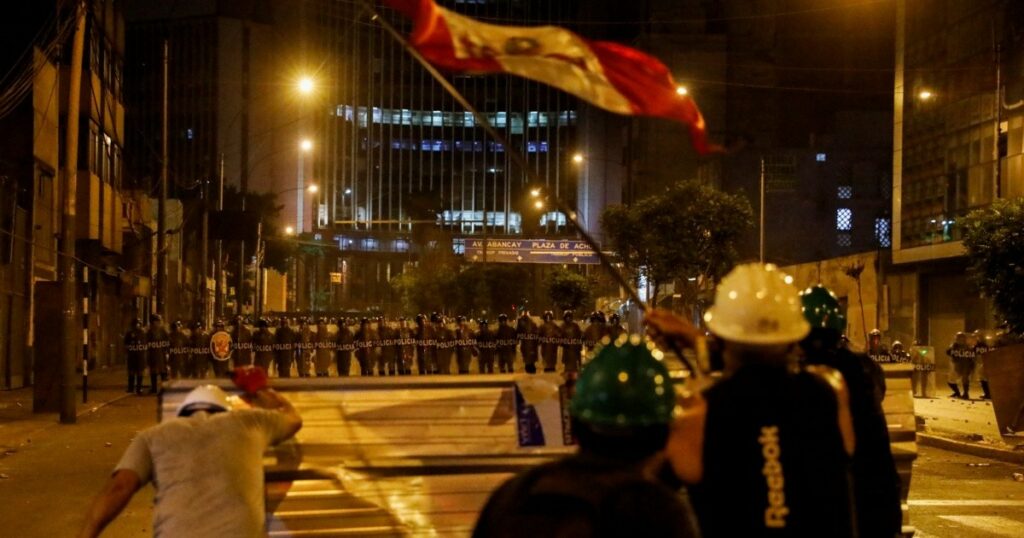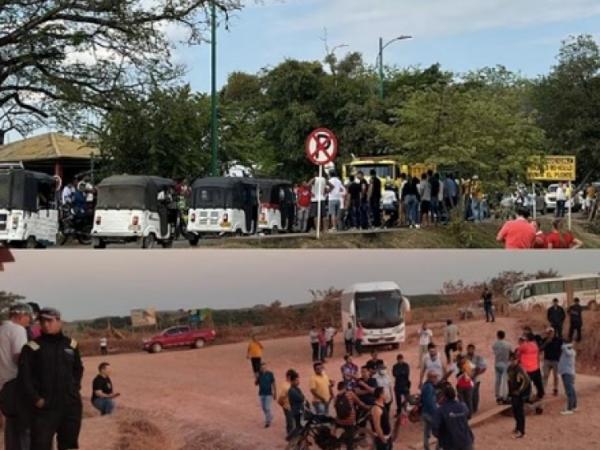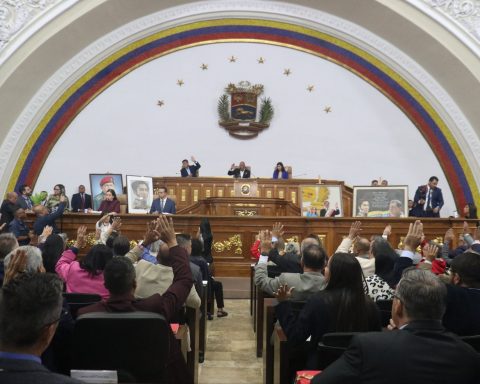The Cuban President, Miguel Diaz-Caneland his predecessor, Raúl Castro, are among the nominees announced this Sunday as candidates for deputies of the National Assembly of Popular Power (ANPP)who will be elected in the general elections scheduled for next March.
The nomination of Raul Castro took place in the municipal assembly of II Frente, territory of Santiago de Cuba, and Díaz-Canel was proposed by the municipality of Santa Clara, in the province of Villa Clara, according to a report by the agency efe.
I feel healthy pride in being a partner in the candidacy for deputies of excellent people who have a life history of service to the people and indisputable merits. Among them valuable women and young #BestIsPossible https://t.co/I34sA78skh
— Miguel Díaz-Canel Bermúdez (@DiazCanelB) February 5, 2023
The municipal assemblies of People’s Power held extraordinary sessions this Sunday in the 168 territories to nominate candidates for deputies.
As reported by the National Nominations Commission (CCN), 221 of the proposals correspond to base delegates, 135 are of provincial descent and 114 nationals, at a rate of one deputy for every 30,000 inhabitants.
Among the candidates to integrate the supreme body of power of the Cuban State are also the Prime Minister, Manuel Marrero, the current head of the Cuban Parliament, Esteban Lazo, and Elián González, known as the “little rafter”, after surviving in 1999 a shipwreck of illegal migrants and become the center of a bitter dispute between Cuba and the US for their return to the island.
The new candidacy includes historical leaders of the Revolution and the Communist Party (PCC), such as the case of veteran José Ramón Machado Ventura, proposed in the province of Guantánamo, even representatives of the emerging private sector on the island, such as Carlos Miguel Pérez Reyes, leading entrepreneur of the MSMEs dedicated to Dofleini computer products, and who was nominated in the capital’s municipality of Playa.
To integrate the electoral list, each one of those proposed for candidate for deputy had to obtain this Sunday more than 50% of the votes of the delegates of the municipal assemblies, as previously explained by the president of the CCN, María Consuelo Baeza.
The official also indicated that 55.3% of the candidates are women, 45.5% black and mestizo, with an average age of 46 years.
Baeza also pointed out that for the next legislature Parliament will be renewed by 63% and will have deputies with fewer administrative positions, and more linked to production and services.
The proposals of candidates for deputies to the ANPP were prepared by candidacy commissions – made up of civil society organizations linked to the government, such as the Committees for the Defense of the Revolution (CDR), the Federation of Cuban Women (FMC), the Federations of secondary education students (FEEM) and university students (FEU), the National Association of Small Farmers (ANAP) and the Central de Trabajadores de Cuba (CTC).
The Council of State summoned for the next March 26 the general elections to renew the ANPP, which will be reduced from 601 parliamentarians to 470.
The Assembly will, in turn, be in charge of electing the President of the Republic, a position to which Díaz-Canel can run for a second five-year term, as established in the Constitution of the Republic of Cuba approved in 2019.
Efe/OnCuba
